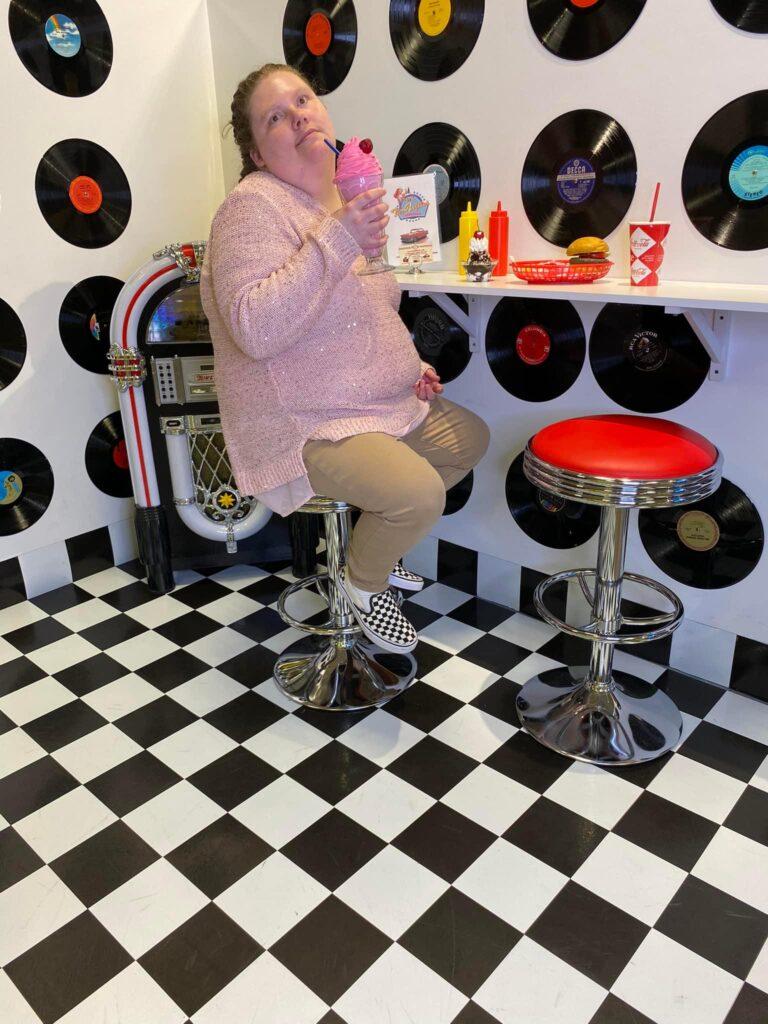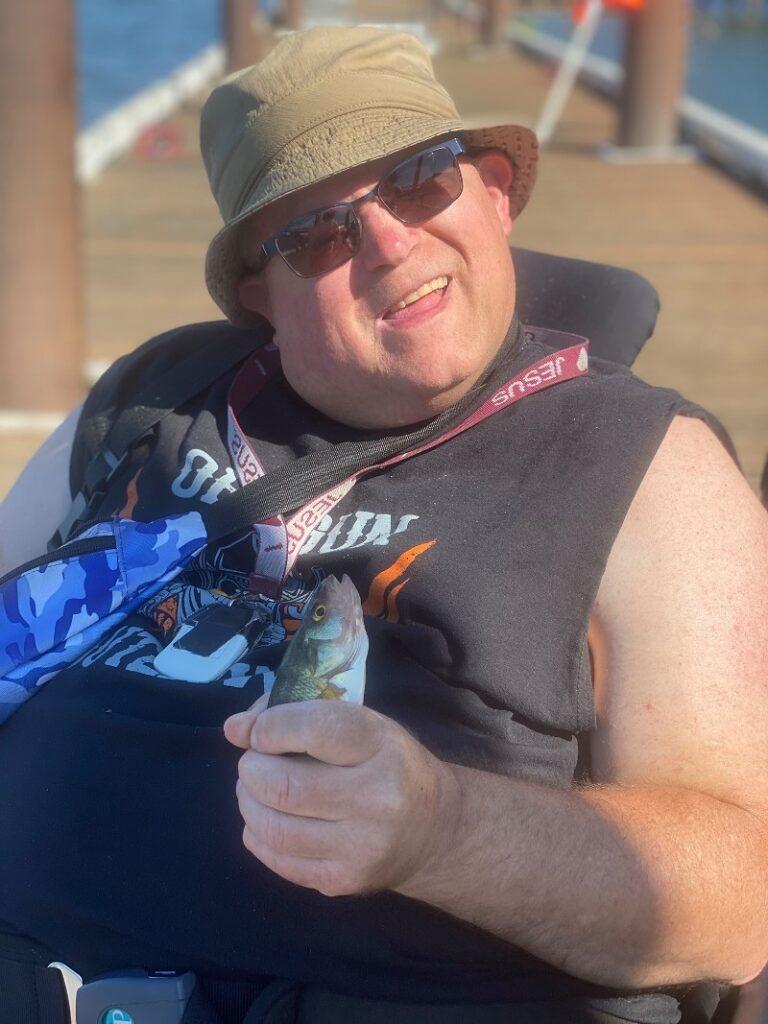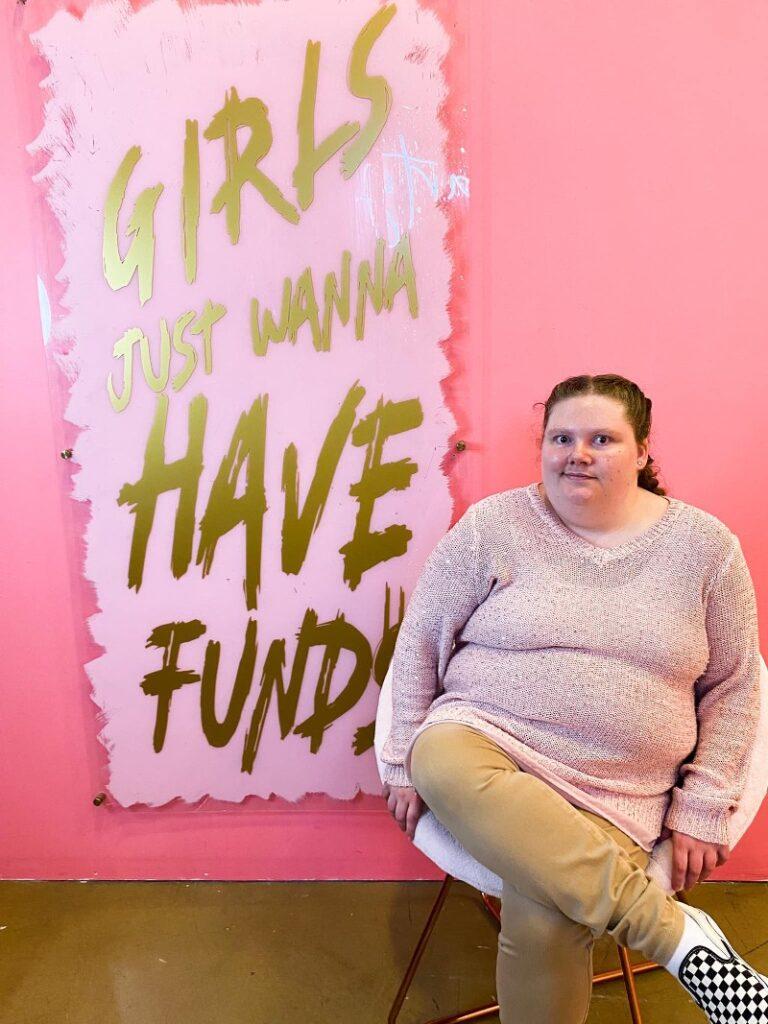Make heart work your work. Apply for one of our careers at ALSO!
Make heart work your work. Apply for one of our careers at ALSO!

It’s no secret: Positive social relationships foster health and happiness. But many people with Intellectual and Developmental Disabilities (I/DD) lack autonomy in relationships, which limits their opportunities to make friends. In fact, individuals with I/DD have an average of 3.1 people in their social network, while people in the general population have 125. It’s no wonder that 85% of young adults with developmental disabilities say they feel lonely most days. Since relationship autonomy obviously greatly affects quality of life, how can we support and encourage it?

We all get by with a little help from our friends—it’s even been scientifically validated. According to the American Psychological Association, “thirty-eight studies found that adult friendships, especially high-quality ones that provide social support and companionship, significantly predict well-being and can protect against mental health issues such as depression and anxiety—and those benefits persist across the life span.”
But people with I/DD are often kept from making friends. “I had my mom and sister say I couldn’t befriend certain people,” says Glenda, who is supported by ALSO. “But I’m a good judge of people ’cause I know who’s going to be a good person and who’s not, for the most part.”
As noted in “Respecting Autonomy for People with I/DD, Part One,” autonomy and decision-making are skills. That goes for relationship autonomy as well. Helping people build that skill can help them to find, build, and sustain healthy relationships. Harry Norris, a Behavior Specialist at ALSO, uses conversation as a tool to build that skill. If a person wants to have more friends, for example, Harry might begin by talking about what friendship is, and how to be a good friend. Then the two of them might talk about where to find new friends, using the person’s interests as a guide, and make a plan to go together to a place where the person might meet potential friends. “I’d provide more information (what our expectations are beforehand, gentle reminders during the event),” Harry says. “And have a debrief afterward, with how it went and what we can work on next time.”
Relationship autonomy and decision-making skills help people build new relationships. They also help people make good decisions about not-so-healthy existing relationships. Darrin Barham, ALSO’s Supported Living Director, gives the example of an individual supported by ALSO who had begun secretly seeing his ex-wife, even though there was a restraining order in place against her. Once he confided to staff he’d been seeing his ex again, “we had to take a deep breath and just work through the (informed decision-making) process,” says Darrin. Eventually the individual asked his ex to stay away, even though he still loved her. “It took feedback from different people’s perspectives who saw that she took advantage of him…He got a chance to really understand where people were coming from, and that they weren’t trying to control him. He had a chance to make a profound decision on his own.”

Too few people with I/DD get to make their own decisions about romantic partners. Even though most people (and the United Nations) see bodily autonomy as a fundamental human right, sexuality for people with I/DD is a tough subject for many to broach. Harry thinks the avoidance is due to an entrenched stigma. “People (with I/DD) have been stigmatized for so long, and have almost been put into an infantilized situation,” he says. “We’re working with adults. We all have similar biological needs. They (people with I/DD) have all the same rights as any other citizen, and also have the right to education around sexual health. Because it’s such a hard topic, it’s shunted away a little bit.”
It’s shunted away more than a little. According to The United Nations Population Fund (UNPF), the UN’s sexual and reproductive health agency, young women and girls with disabilities have the lowest levels of sexual and reproductive health information and access. That lack of information can be devastating, as it coincides with much higher rates of gender-based violence, sexually transmitted diseases, and unintended pregnancies. Comprehensive sexuality education has been proven to reduce these risks. Furthermore, it’s a right. “Bodily autonomy means being able to determine your own life and future, and having the information, services and opportunities to do so free from discrimination, coercion and violence,” says the UNPF. “It is the power to make basic decisions such as whether to have sex, use contraception or seek health care. These rights are all too often denied to persons with disabilities, whether through harmful social norms or through sheer and unacceptable lack of access to quality, and confidential, health care.”
ALSO support staff receive training on how to support and respect a person’s right to bodily autonomy. For others who would like to learn how to encourage healthy social-sexual behaviors, Harry recommends the trainings offered by Among Friends. The goals expressed in their mission statement are good ones for anyone supporting bodily autonomy for people with I/DD:

What’s the most important thing we can do to support relationship autonomy for a person with I/DD? Strengthen our relationship with that person. “Relational autonomy”— interdependence between people—strengthens a person’s ability to have agency in their life. We need other people to offer advice or model good behavior, and we need to trust them. “You can’t do a lot of what you need to do to support someone until you have that trust,” says Harry. “It’s all about relationships in this field. Those people who have done this successfully are phenomenal at building that rapport.”
Once that trust is built, we can help people take practical steps toward relationship autonomy. “We try to help them understand what a relationship entails,” says Darrin. “And we go on the journey with them. For example, if they want to go on a date but want support, our staff might be present with them at the location as a security blanket…they’ll hang out in a different area and provide an overlay of protection that helps that person feel secure.”
Many people have shared their dreams of romance and marriage with Darrin. They hope to find a special person and have the autonomy to pursue a relationship. Jamie, an individual supported by ALSO, says, “I’d love to elope with a woman.” Then, couching his yearning with humor, “I’m in no hurry. Well, I am in a hurry. I’m fifty-six. I only have forty-four years to go. A hundred years old is my cut-off date.”
It’s time for us as a society to respect the right to autonomy for Jamie and others with I/DD. “A big piece of that,” says ALSO’s CEO Brett Turner, “is fundamentally understanding that people who experience disabilities are human and should have the same opportunities as anyone else.” Jamie agrees, reiterating during our interview that he would love to have a romantic relationship: “My door is always open.”
If you or a family member want a life that respects the right to autonomy, we’d love to show you how ALSO can help. Contact us today, or sign up for a tour.

Sign up for our newsletter to get our latest news, content, and job opportunities.
Help us ensure that everyone has the same opportunities in their home, workplace and community. Let’s make dreams!
